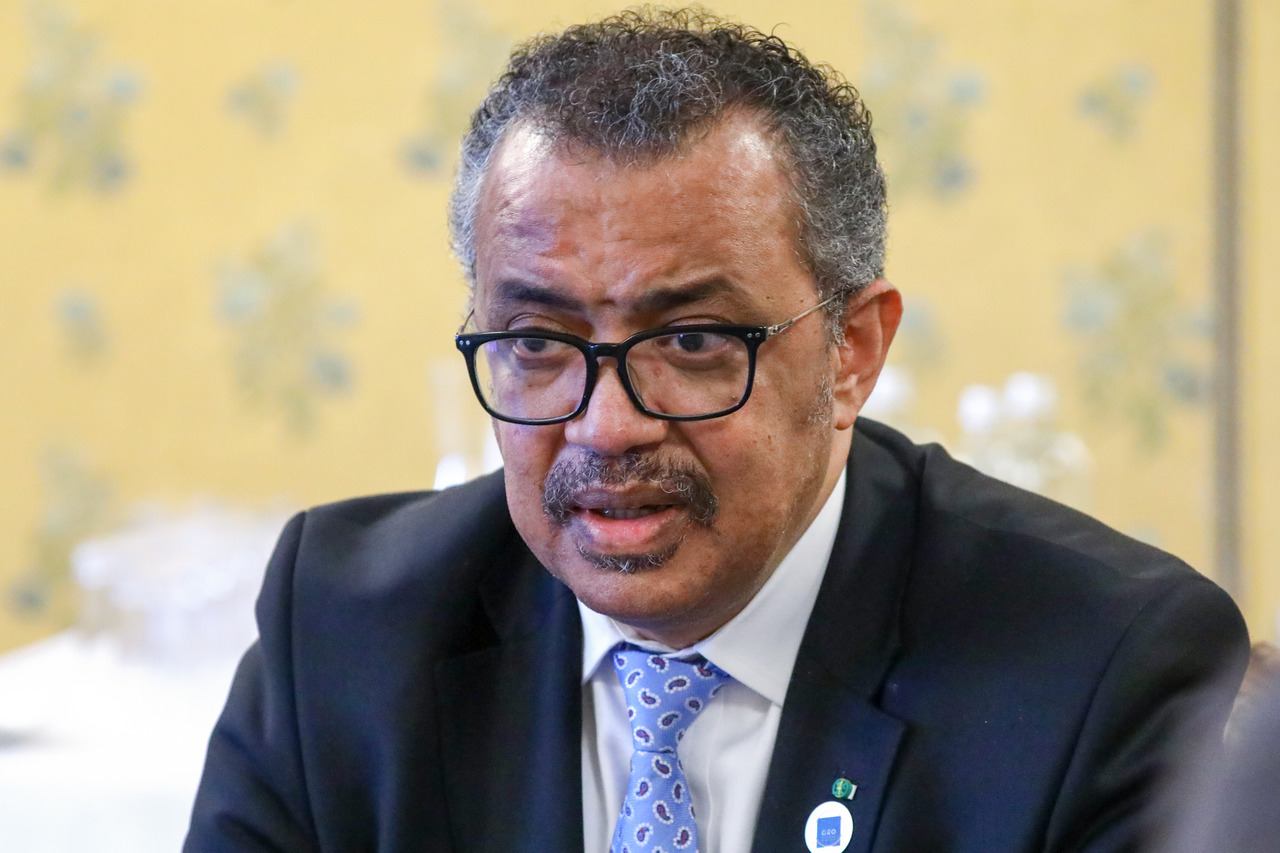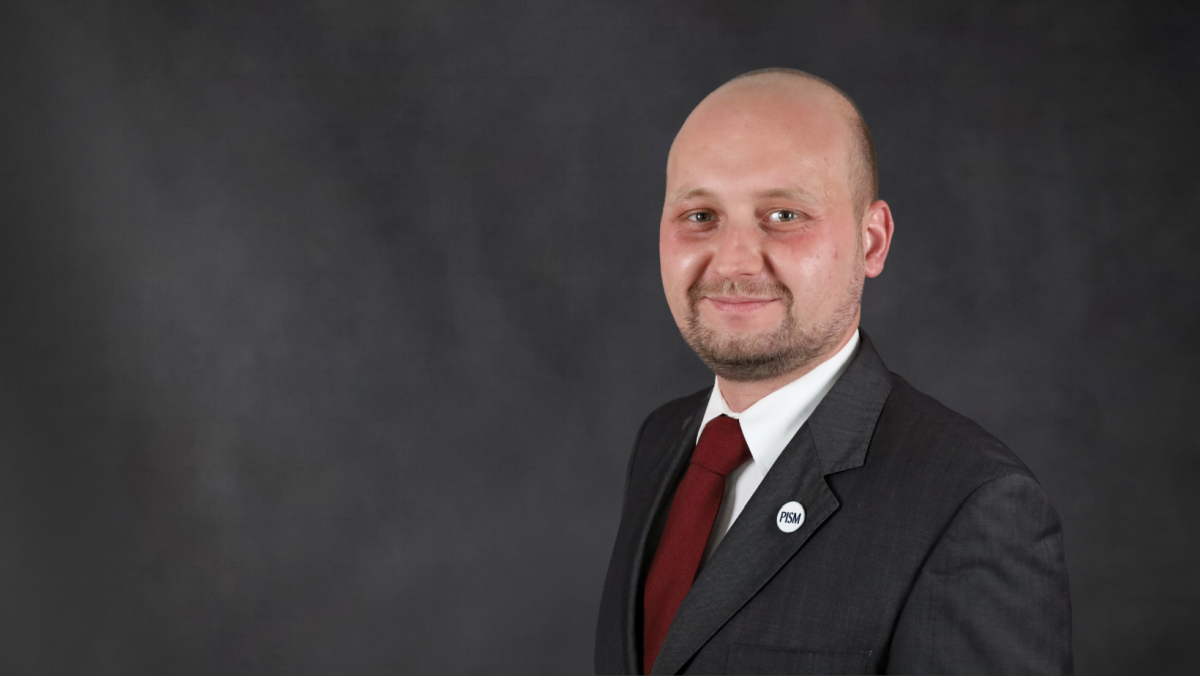New WHO Decision an Opportunity to Strengthen the Pandemic Prevention System
The second special session of the World Health Organization’s (WHO) highest body, the World Health Assembly (WHA), was held on 29 November-1 December. It was attended by, among others, WHO Director-General Tedros Adhanom Ghebreyesus, heads of government or ministers of health of most Member States, and EU representatives. It was decided to initiate and schedule negotiations on a new instrument to strengthen pandemic prevention, preparedness, and response. Whether it will be created and effective, however, is not evident, not least because of the reluctance of some countries to limit their freedom to respond to public health threats.
 Fot. Russian Foreign Ministry/TASS
Fot. Russian Foreign Ministry/TASS
What are the main outcomes of the special session?
In a decision adopted on 1 December, WHO members agreed to begin negotiations no later than 1 March 2022 on a “WHO convention, agreement or other international instrument” for preventing and responding to pandemics. This phrase means that there is still no unanimity among WHO countries to conclude an international agreement on the matter, as insisted particularly by the EU. This possibility remains open, but a non-legally binding instrument may also be adopted, which would then be difficult to enforce. Positive appraisal should be given to the establishment of a fairly precise schedule of work, which, among other things, requires the submission of a report on the progress of negotiations to the WHA in 2023 and a document resulting from the talks in 2024. These deadlines are short compared to those adopted when negotiating other treaties or regulations, and reaching an effective solution within two years of the start of talks will be a significant success.
What were the circumstances of the decision?
The special session at which the decision was enacted took place during another peak (the so-called fourth wave) in COVID-19 infections globally and particularly in Europe, and also a few days after the WHO identified a new coronavirus variant, Omicron, suspected of being much more contagious than previous ones. These events served as a premise for the introduction by some developed countries of restrictions on travels from Africa (where the first outbreaks of the new variant were discovered) and the cancellation of a meeting of the main body of the World Trade Organisation (WTO), scheduled for early December. These steps were criticised by developing countries, which accused developed ones of taking disproportionate measures, selfishness, and yielding to the interests of pharmaceutical companies. However, the difficult situation made it easier to reach a consensus to start discussions on a new instrument that could prevent similar cases.
What are the prospects of the negotiations?
The talks will not be easy, as a possible instrument will have to cover issues such as restrictions on the movement of people, trade, and tourism. Some countries, including Brazil, China, and Russia, oppose binding commitments on these issues, motivated by concerns that their sovereignty to respond to public health threats will be infringed. They are also sceptical about outside actors monitoring the epidemic situation in their countries. The U.S., initially reluctant to any negotiations under the pretext of having to focus on the fight against COVID-19, has softened its position. However, it still has doubts about a possible treaty because of potential problems with its ratification by Congress. In addition, developed and developing countries are divided on, among other things, the views on sharing the results of medical research and technology transfer. Poorer countries count on benefits in this sphere in exchange for readiness to inform quickly about new health threats.
What is the significance of the decision for the EU and Poland?
The adoption of the decision is a moderate diplomatic success for the EU. Its representatives, including the presidents of the European Council, Charles Michel, and of the European Commission, Ursula von der Leyen, have been calling since November last year for strengthening the international community’s ability to prevent and respond to pandemics. Thanks in large part to the EU’s efforts, a special session of the WHA was convened and the decision was made. For Poland, which like other EU Member States will take part in the talks, the negotiations will be an opportunity to influence the shaping of the international system for preventing threats to public health, which in the future may also have profound consequences for, among others, the economy or respect for human rights. Developing a Polish negotiating position will therefore require the engagement of various ministries.


